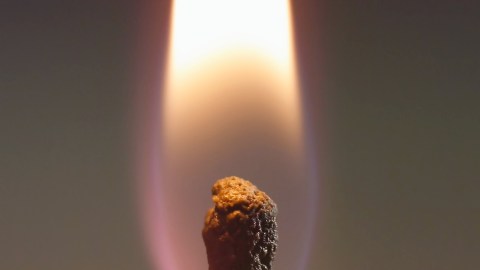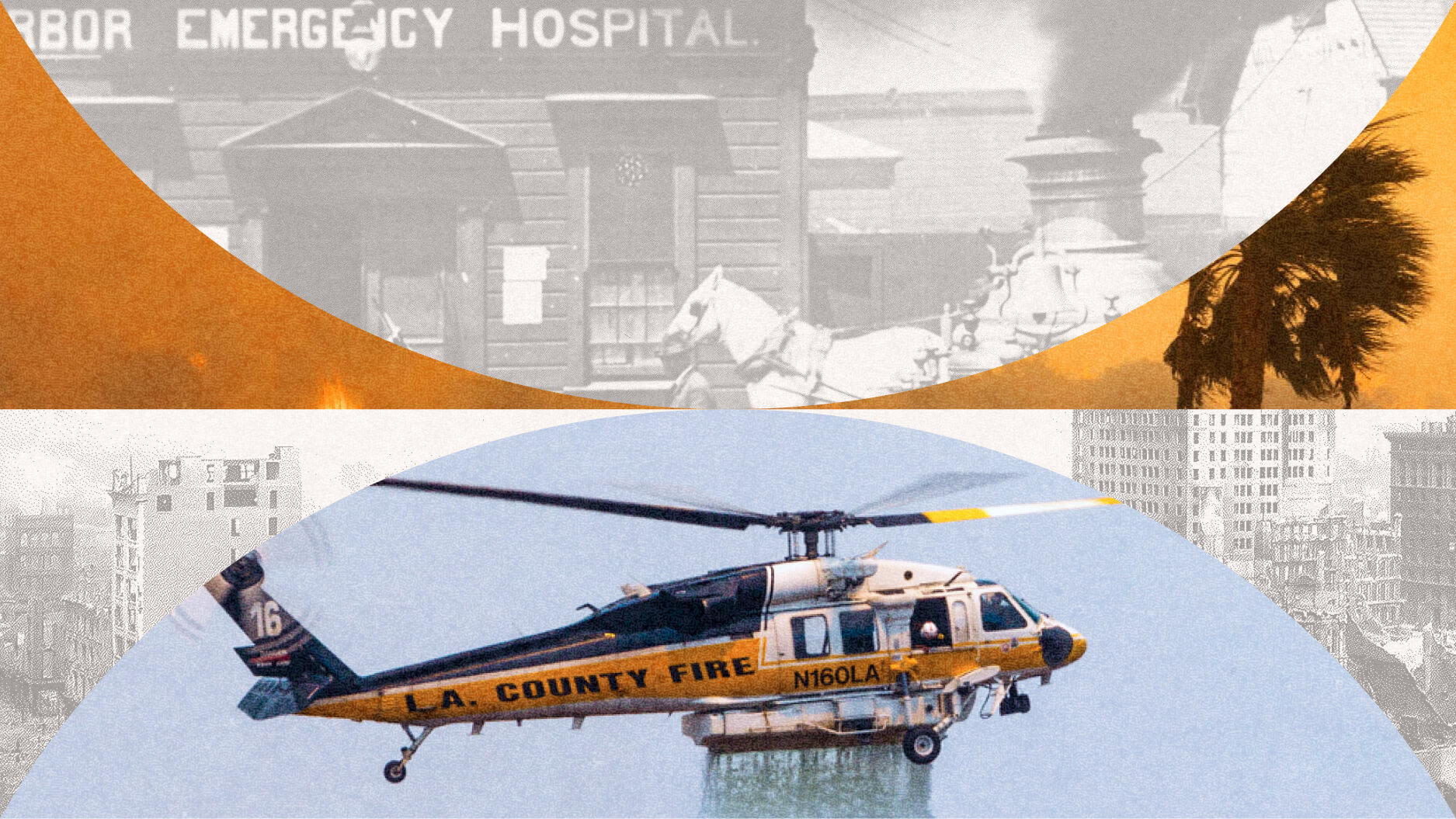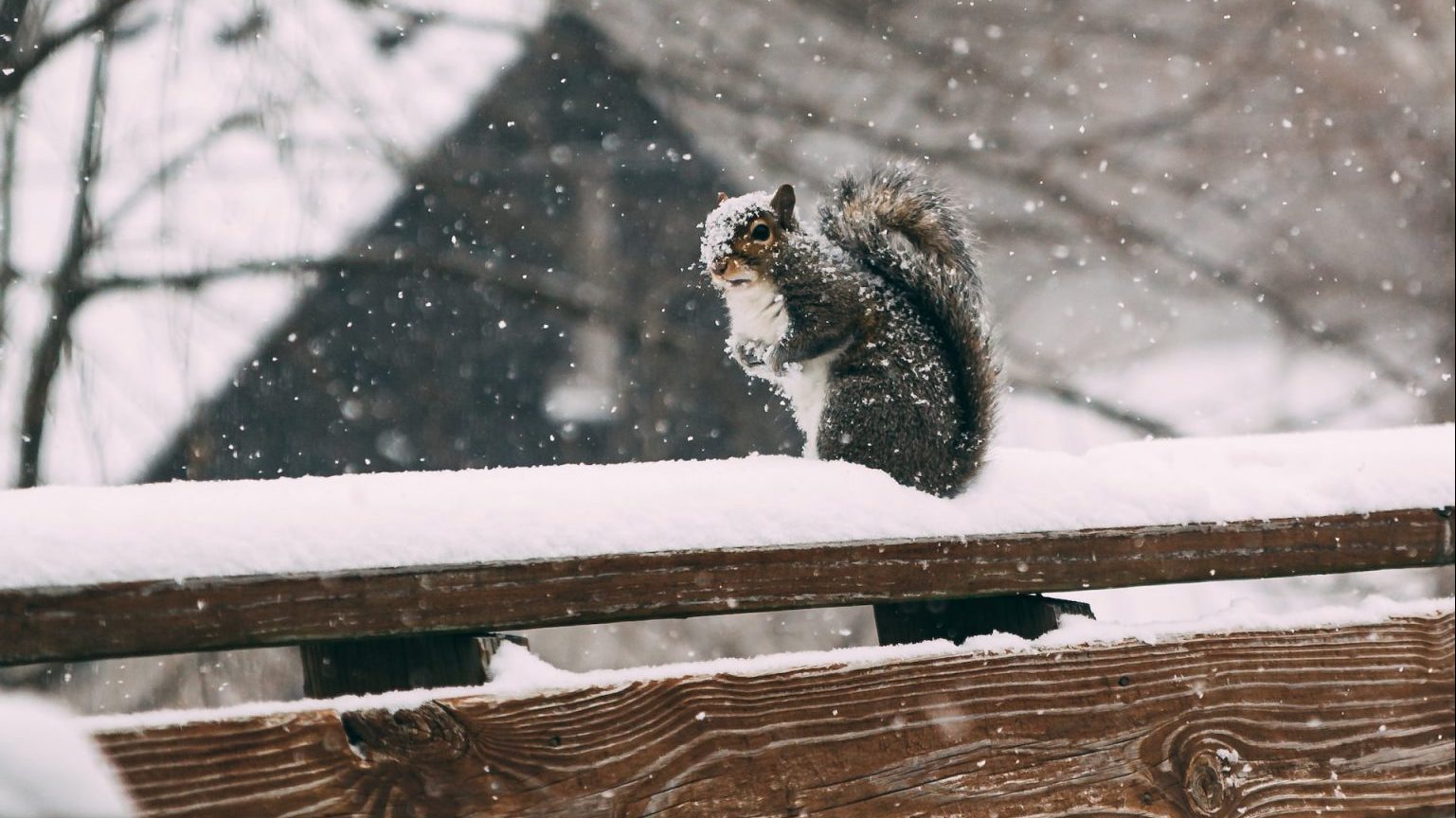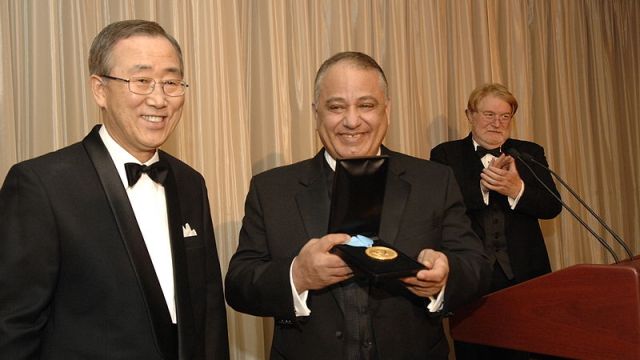To Build An Economy

In the middle of a vigorous political debate last night, the topic of the economy came up. The man I was having this discussion with, a former corporate executive who had opened his own small business here in the Atlanta area, asked me whether or not I thought the president was doing anything to help the economy. “Have you ever read the story To Build A Fire by Jack London?”
It was obvious from the look on the man’s face that he was puzzled by my answer.
“Look — I’m an English major — literary references just come naturally to me,” I said. “What flashed into my mind when you asked about the economy was the scene in this story where the writer described a man in freezing cold Alaska who had to carefully build a fire to save his life. I know it sounds like I’m trying not to answer the question, but I don’t personally think any president has the ability to directly affect the nation’s economy.
The White House can affect certain economic conditions. But there’s no button for them to push to increase economic activity. People like you aren’t going to hire more employees because an economic report says things are now okay. You aren’t going to hire any more workers at your car wash until you get more business. But you won’t get more business until people start spending more money.”
Our debate went on for hours. And Jack London didn’t come up again.
But I couldn’t shake the imagery of London’s seminal story from my mind. To Build A Fire, a mainstay of literary anthologies, used to be one of the most widely taught short stories in the world. It is a morbid tale, without a happy ending, but the scene where the protagonist builds the fire is in many ways is a metaphor for the way our economy works:
The flame he got by touching a match to a small shred of birch bark that he took from his pocket. This burned even more readily than paper. Placing it on the foundation, he fed the young flame with wisps of dry grass and with the tiniest dry twigs.
He worked slowly and carefully, keenly aware of his danger. Gradually, as the flame grew stronger, he increased the size of the twigs with which he fed it. He squatted in the snow, pulling the twigs out from their entanglement in the brush and feeding directly to the flame.
Jack London, To Build A Fire
The protagonist, who has gotten his feet wet by falling through the crust of a frozen creek, needs desperately the fire to dry out his socks and boots – at seventy degrees below zero in Alaska, wet feet can be fatal.
Our nation has fallen into the creek. Our boots and socks are wet. And the twigs and dry grass the government has contributed in the form of a zero federal funds rate and hundreds of billions in loans and loan guarantees to Wall Street have gotten the fire started.
The protagonist built his fire underneath a snow filled tree. A movement of a limb sent snow from the limbs crashing down on his fire, snuffing it out, the same way a record number of mortgage foreclosures and severely reduced home values will threaten the burst of life in the economy that has been recently reported.
So the protagonist in To Build A Fire began to build another fire.
He cherished the flame carefully and awkwardly. It meant life, and it must not perish. The withdrawal of blood from the surface of his body now made him begin to shiver, and he grew more awkward. A large piece of green moss fell squarely on the little fire.
He tried to poke it with his fingers, but his shivering frame made him poke too far, and he disrupted the nucleus of the little fire, the burning grasses and tiny twigs separating and scattering. He tried to poke them together again, but in spite of the tenseness of the effort, his shivering got away with him, and the twigs were hopelessly scattered. Each twig gushed a puff of smoke and went out. The fire provider had failed.
Jack London, To Build A Fire
The fragility of our nation’s economy right now isn’t much different from the situation the man in To Build A Fire found himself in. Ultimately, the protagonist dies in the intense cold. Something tells me, however, even though the rebuilding of America’s economy will be painful and protracted, our story will have a completely different ending.





